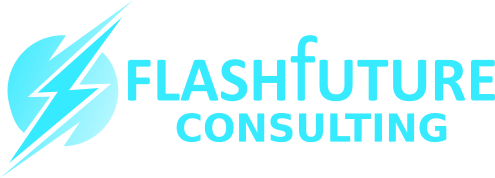This week, open banking hit the UK financial markets. Given the potential that this has to disrupt both personal and corporate Financial markets, it has had an astonishingly low key launch. You can read more about it here, but essentially it is a way of opening up people's financial information, with their consent of course, so that others may use it to provide more meaningful analysis, products, and services.
For example, in the credit check market, people who have lived abroad until recently or who have changed from being employed to self-employed might find it very difficult to obtain a mortgage or personal loan. If it was possible (as it now is) to instead check the way that someone manages their bank account as a guide to their credit worthiness, then the way that decisions are made around credit could be significantly changed. A start-up called Credit Kudos is betting that this is exactly what will happen and are looking to provide exactly that sort of credit check service.
When I was listening to a summary of how the open banking changes are being implemented, one of the technological aspects that really interested me was the ability for APIs to be made available for a finite time period. APIs are chunks of code that enable applications to become interoperable particularly with regard to mobile applications these days. In the past, you may well have shared large files with other people using free online services like Senduit. These services have the key feature that you can limit the length of time that your file is available to the intended recipient. Anything from 30 minutes to one week or more. The same is now possible in terms of giving applications access to your financial history. So I could download an app and give it access to my financial data, but only for say one hour, and not on an ongoing basis.
People have well-founded and significant concerns about the sharing of their medical history and it occurred to me that these time limited APIs might be one of the ways in which people are given more confidence to share their data with those who may need to access it to make better healthcare decisions. You could even give instructions to infomediaries who could control which apps or services have access to your medical data, for how long, and to what level of granularity. To some extent, this is the sort of service that Helix is already providing around the control of individuals’ genetic data.
Ultimately, the end destination for Open Health might be the potential for people to sell their own medical data to the highest bidder based on their conditions, medications taken, and other factors related to the data such as regularity of collection and quality of data captured. How far away is this scenario? Last year I thought it was perhaps 10-15 years away, now, maybe a little sooner.
